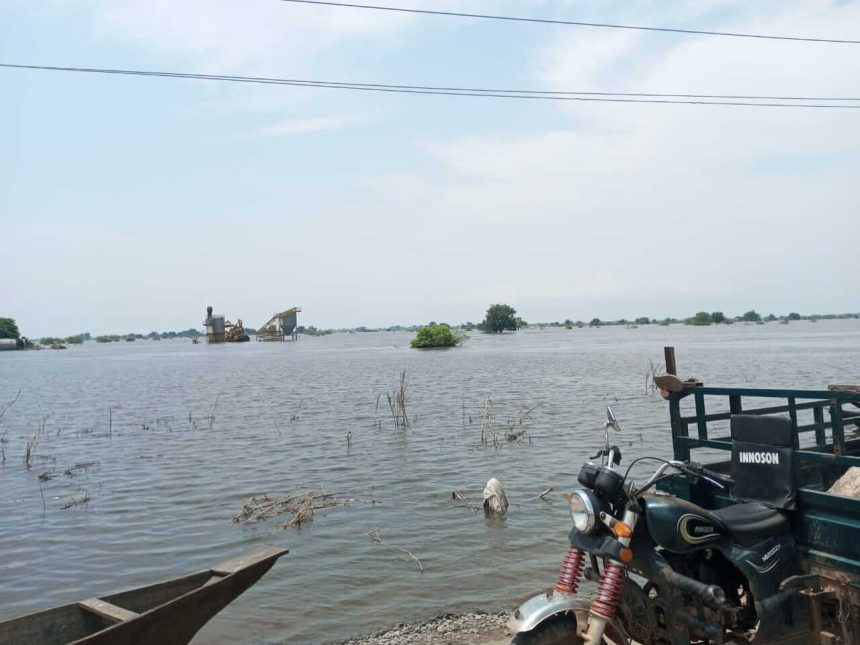The 2023 annual flood prediction has become a source of worry for farmers in Anambra State, especially those who reside in flood-prone communities, some of whom were badly affected by the 2022 episode of the natural disaster which led to the loss of lives and property worth billions of naira were damaged.
The Nigeria Hydrological Services Agency or NIHSA had earlier predicted that 187 LGAs in 32 states of the federation and the Federal Capital Territory, will experience severe flooding this year.
According to Clement Nze, Director-General of the NIHSA, the early prediction by the agency is aimed at propelling relevant actors, governments, and individuals to go to work.
“We expect that actions should be taken, especially at the sub-national levels, early enough, to mitigate the impact of flooding in the country.”
The forecast has been corroborated by the Nigerian Meteorological Agency in its climate seasonal predictions, while the National Emergency Management Agency has warned of the consequences of the predictions.
Mustapha Ahmed, NEMA’s Director-General, during a two-day Experts’ Technical Meeting on 2023 Climate-Related Disaster Preparedness and Mitigation Strategies in Abuja, described the 2022 flood disaster as an eye-opener.
“We will bombard every citizen, state and local government with this information as we want them to know that it is serious and we will not keep quiet, because we want them to know that there will be flood this year.”
However, these predictions and early warning signals are discomforting for thousands of Anambra residents, particularly victims of last year’s flooding who are mainly residents of riverine communities.
“It gives me a really bad feeling that I am from this terrain because it has become an annual event and no tangible help is coming from the government,” Mathias Ameke, resident of Mmiata-Anam, one of the communities in Anambra West Local Government Area, regretted.
Chukwuemeka, who now struggles to re-cultivate his farm which was submerged in the deluge last year, emotionally recounts his loss. “Flooding every year is a big problem for us. Now, they are saying another flood will come this year. We are making efforts to cultivate our farms on time so that if God helps us, we will harvest before the flood comes this year”.
In the view of Eunice Nduka, a smallholder woman farmer, the flood prediction for the current year is capable of worsening the economic condition of victims of last year’s episode. “Flooding makes us poorer,” she laments.
“We borrowed money from cooperative societies to cultivate our farms last year. Sadly, the majority of farmers could not harvest before the flood came. We could not pay back the loan and now they are talking about another flood. I am confused, honestly. When are we going to come out of this problem?,” She asked rhetorically.
The respondents hoped that government will proactively prepare for the predicted flooding this year, to help to mitigate the impacts on the citizens as well as prevent deaths as recorded in 2022.
Statistics from the Federal Government indicate that the 2022 Nigeria floods affected 34 of the 36 states, with over 1.4 million people displaced and more than 603 killed. Also, more than 2,400 others were injured, and about 82,035 houses were damaged, while 332,327 hectares of land were equally affected.





